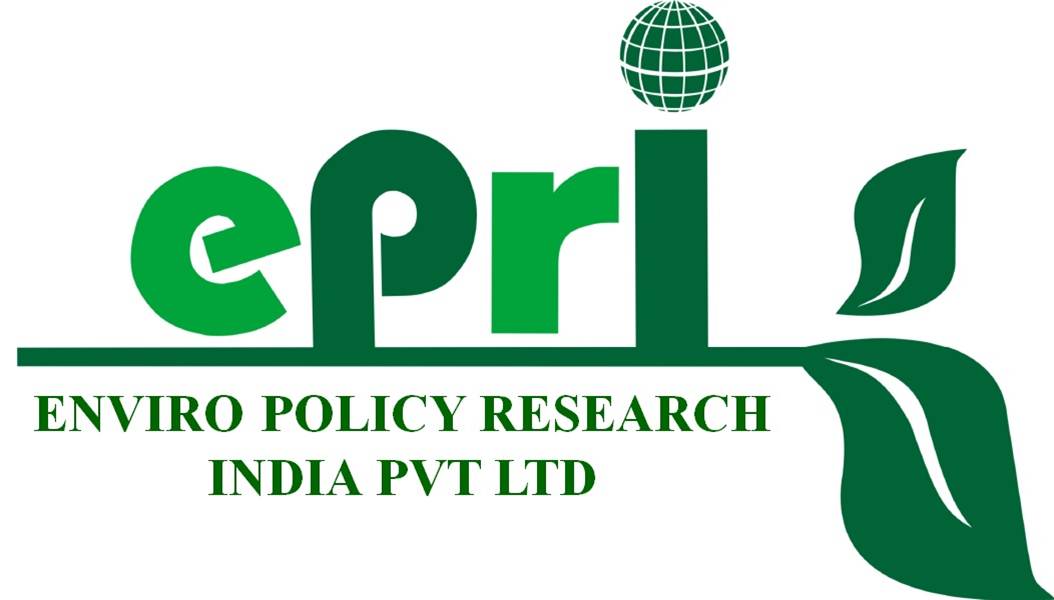Issues in Solid Waste Management in Rural India
Authors
Tinku Casper D’Silva
Kriti Priydarsini
Avick Sil

Solid waste has become one of the biggest problems and its management is one of the major issues currently in both urban and rural areas of India. Various scientific technologies are being implemented in Urban India. However, waste generation and its treatment in rural areas is also a part of concern. The paper examines the current issues related to solid waste and its management in rural area of Kadinamkulam Panchayat in Thiruvananthapuram District, Kerala. A survey was conducted among 130 households and was instrumental in determining the types of wastes prevailing and the current practices carried out for managing the generated solid wastes. The analysis involved quantification of waste generated, in which biodegradable wastes contributes to major portion of about 79.81 % of the total waste generated per day. The paper illustrates the best possible techniques for effective solid waste management in rural India, depending on the site and area available, for which two composting techniques were carried out: Yard composting and Bucket composting. The quality testing of the matured compost from these techniques revealed that both the techniques are feasible in rural India for the type of wastes which are being generated. The study explores that the waste generated per capita and per house is 0.207 kg per day and 0.758 per day respectively, which is minimal when compared to urban India. In order to get an idea of the potential waste generation in the Kadinamkulam Panchayat, GIS application was used which exposed the wards that are more prone to higher waste generation when comparing to others in the study area. The forecasting of the future population and waste generation for the upcoming years revealed that there should be proper management of both biodegradable and non-biodegradable wastes in rural areas also, as it can affect the environment and human health.
Other Publications:
- Development of correction factors for landfill gas emission model
- Vehicular Source Assessment Contributing To Noise Level At Traffic Junctions In Thane City
- Dust control study
- Phytochemical Analysis of a Traditional Medicinal plant-Gnidia glauca
- Effect of non-aqueous drilling fluid and its synthetic base oil on soil health as indicated by its dehydrogenase activity
- Probability of Aluminium Toxicity from Bhandup Complex Water Treatment Plant, Mumbai
- Toxicity Characteristics of Drilling Mud and Its Effect on Aquatic Fish Populations
- Evaluation of Electricity Consumption and Development of Household Energy Performance Index
- Utilization of fly ash in construction industries for environment management
- Municipal solid waste: Zero tolerance management strategy
- Formulating LandGem model for estimation of landfill gas under Indian scenario
- Challenges and Opportunities in SWM in India
- Assessment of Particulate Matter (PM) Exposure and Noise Levels in the Basement Parking Area of Malls
- Waste Characteristics and Generation
- Neighbourhood Shadow Analysis of Proposed High Rise in Mumbai, India
- Issues in Solid Waste Management in Rural India

